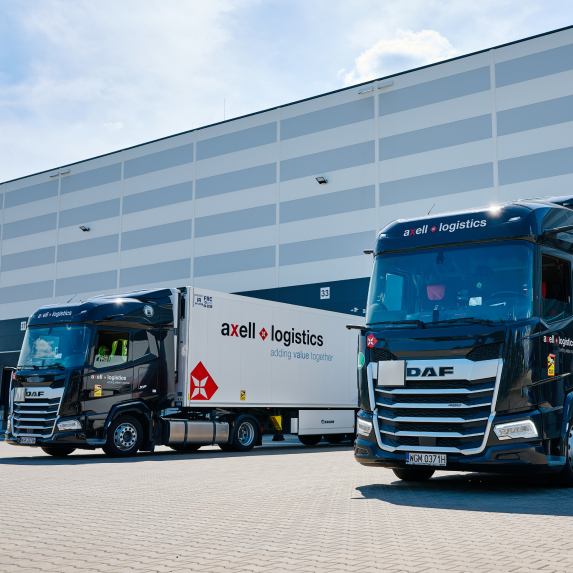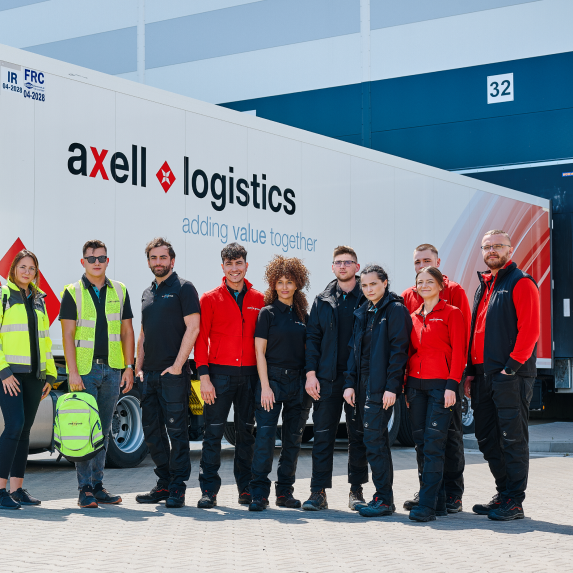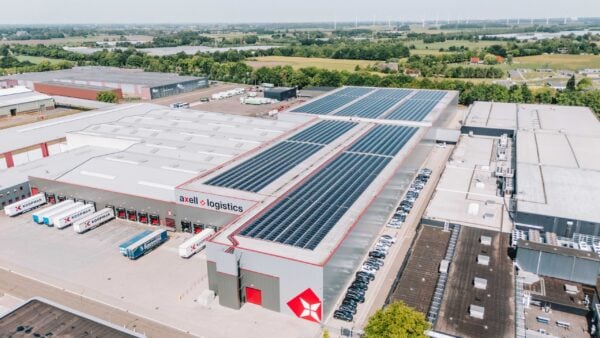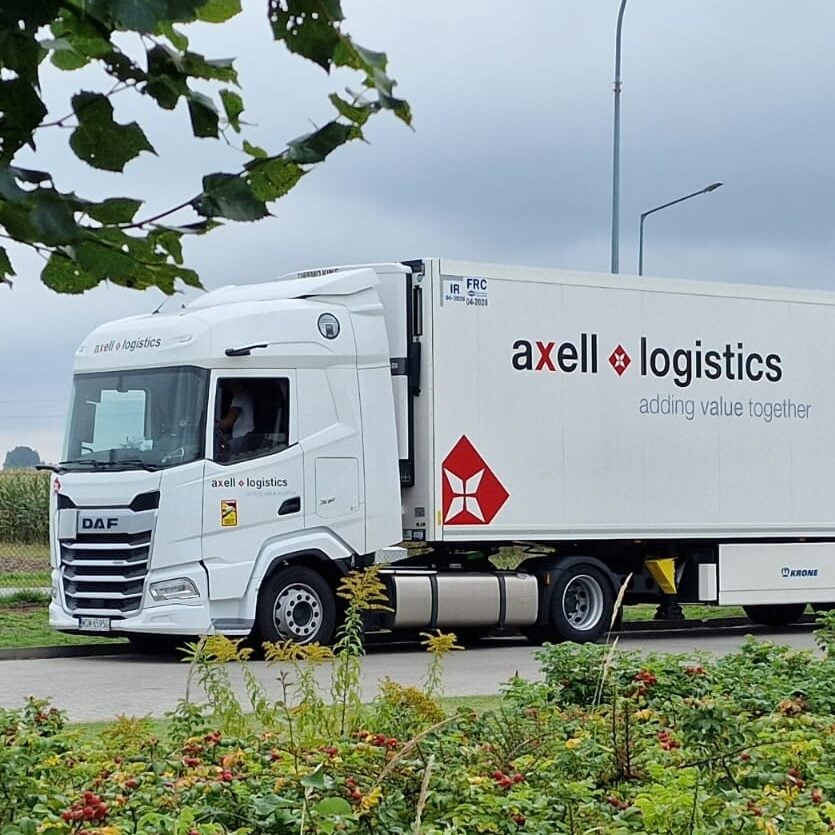What are transport services? Transport is movement—of people, goods, and information. It’s one of the most vital lifelines of any business. In this article, we take a closer look at the essence of transport services, their scope, and key considerations. If this topic interests you—read on!
What are transport services?
A transport service involves a broad range of activities related to moving people or goods from one location to another using various modes of transport, such as cars, trucks, trains, ships, or airplanes. The core purpose of a transport service is to deliver cargo or passengers to the destination on time, while ensuring safety and cost-efficiency. It also includes logistics planning, fleet management, shipment tracking, and maintaining proper conditions for the transported goods. Today, transport services must also meet the demands of sustainability by minimizing their environmental impact.

Scope of transport services
The scope of transport services can be highly diverse and may include:
- domestic and international transport,
- road, sea, rail, and air transport,
- standard and specialized transport (e.g. refrigerated transport, hazardous materials).
It’s not just about moving goods—it also involves logistics services such as route planning, selecting the right means of transport, loading, delivery, and unloading. A transport company may also provide additional services like warehousing, packaging, or customs consultancy. Transport services are an integral part of the supply chain, playing a key role in maintaining its continuity and efficiency.
The future of transport services
The future of transport services is centered on two major trends: automation and sustainability. Automation will help reduce human error, boost efficiency, and speed up the transport process. This includes the development of technologies such as autonomous vehicles, delivery drones, and data management systems. Sustainability, on the other hand, will drive efforts to reduce CO2 emissions through eco-friendly fuels, recycling, waste minimization, and better transport planning. These shifts also bring about new legal regulations that companies must take into account.
The future of transport services will bring numerous innovations and changes that will significantly affect how we move people and transport goods. One emerging trend is the rise of autonomous technologies, which have the potential to transform the transport landscape. Self-driving vehicles and delivery drones could revolutionize the industry by improving efficiency, enhancing safety, and reducing greenhouse gas emissions. Alongside technological progress, new business models are emerging—such as car-sharing services and AI-powered logistics platforms—that are reshaping how transport services are used. It’s essential to stay informed and adapt to these changes in order to remain competitive in the transport market of the future.

























